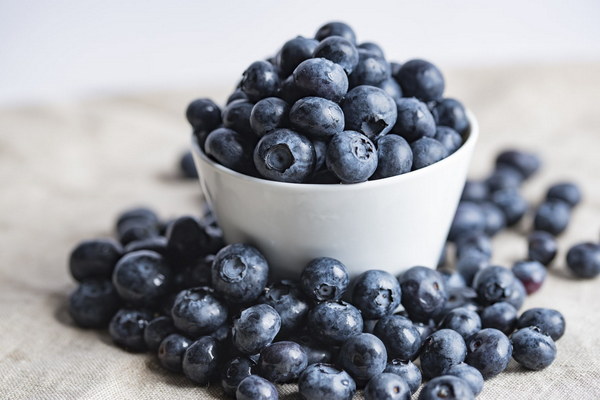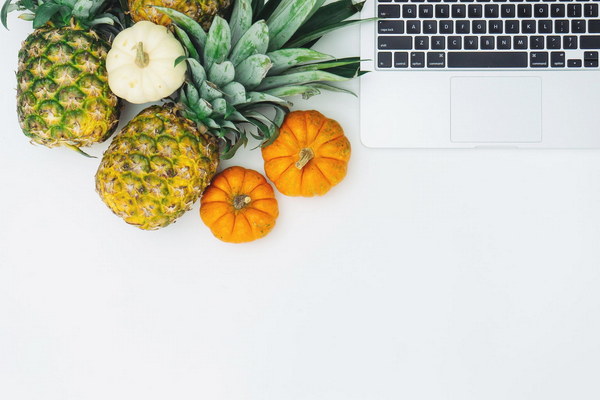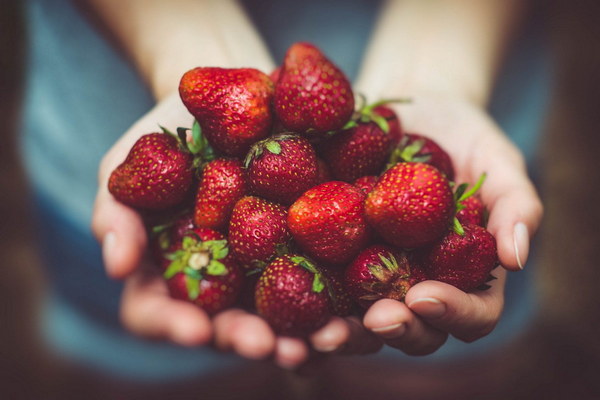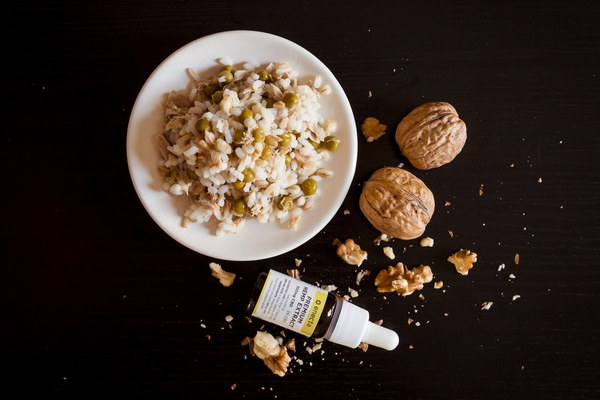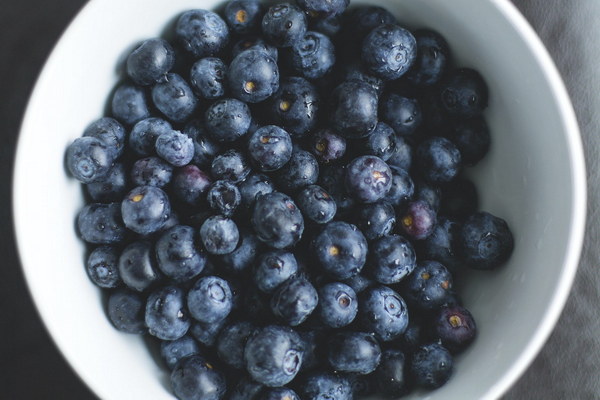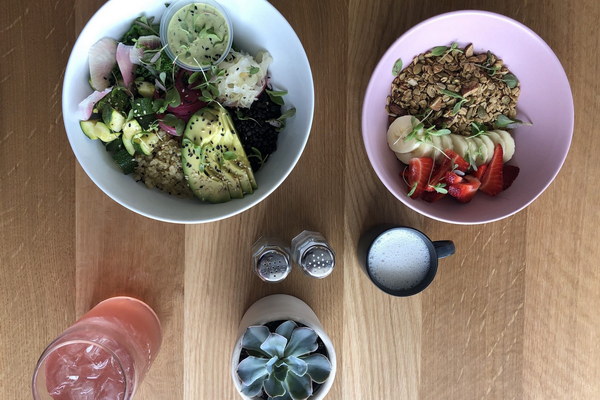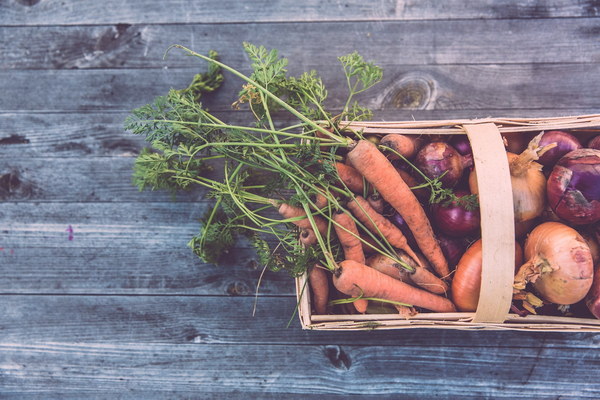Traditional Chinese Herbs for Elderly Nurturing Health and Vitality in the Golden Years
In the realm of traditional medicine, Chinese herbs have long been revered for their ability to promote health and longevity. As we age, the body's natural ability to heal and regenerate may diminish, making it all the more crucial to supplement our diet with the right herbal remedies. This article explores some of the most popular Chinese herbs that are commonly used to nourish and rejuvenate the elderly, fostering a sense of well-being and vitality in the golden years.
1. Ginseng (Panax ginseng)
Ginseng is one of the most famous and widely used Chinese herbs. It is believed to boost the immune system, enhance cognitive function, and increase energy levels. In the elderly, ginseng can help alleviate fatigue, improve memory, and reduce the risk of chronic diseases such as diabetes and heart disease.
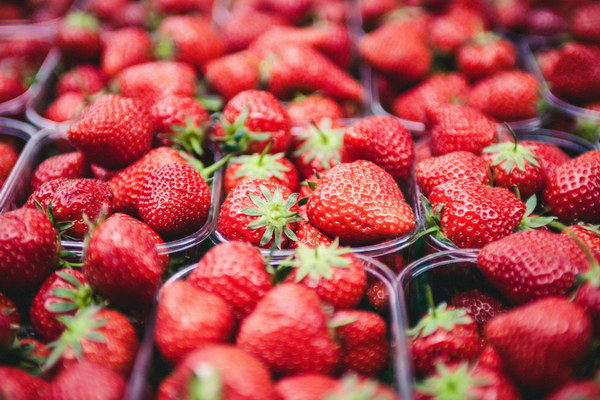
2. Astragalus (Astragalus membranaceus)
Astragalus is another powerful immune-boosting herb. It is often used to treat respiratory conditions, enhance physical strength, and improve overall vitality. For the elderly, astragalus can help prevent colds and flu, support heart health, and improve lung function.
3. Goji Berries (Lycium barbarum)
Goji berries are a natural superfood that is rich in antioxidants and essential nutrients. They are known to support eye health, improve cognitive function, and promote longevity. In the elderly, goji berries can help reduce the risk of age-related macular degeneration, improve memory, and enhance overall well-being.
4. Schisandra (Schisandra chinensis)
Schisandra is an adaptogenic herb that can help the body cope with stress and fatigue. It is also believed to improve liver function, enhance sexual vitality, and boost the immune system. For the elderly, schisandra can help alleviate stress, improve sleep quality, and enhance overall vitality.
5. Codonopsis (Codonopsis pilosula)
Codonopsis is a popular herb that is often used in combination with other Chinese herbs to treat fatigue, weakness, and poor appetite. It is believed to enhance energy levels, improve immune function, and support cardiovascular health. In the elderly, codonopsis can help alleviate fatigue, improve digestion, and support overall well-being.
6. White Peony (Paeonia lactiflora)
White peony is a cooling herb that is often used to treat inflammation, pain, and menstrual disorders. In the elderly, white peony can help alleviate joint pain, reduce inflammation, and improve overall comfort.
7. Dangshen (Codonopsis pilosula)
Dangshen is a popular Chinese herb that is known to enhance energy levels, improve cognitive function, and support respiratory health. For the elderly, dangshen can help alleviate fatigue, improve memory, and reduce the risk of respiratory infections.
While Chinese herbs offer numerous health benefits for the elderly, it is essential to consult with a healthcare professional before starting any new herbal regimen. Some herbs may interact with medications or have contraindications for certain health conditions. A qualified practitioner can provide personalized advice on the appropriate use of Chinese herbs to support the health and well-being of the elderly.
In conclusion, traditional Chinese herbs can be a valuable addition to the dietary regimen of the elderly. By nurturing health and vitality, these herbs can help improve the quality of life and promote longevity in the golden years.
